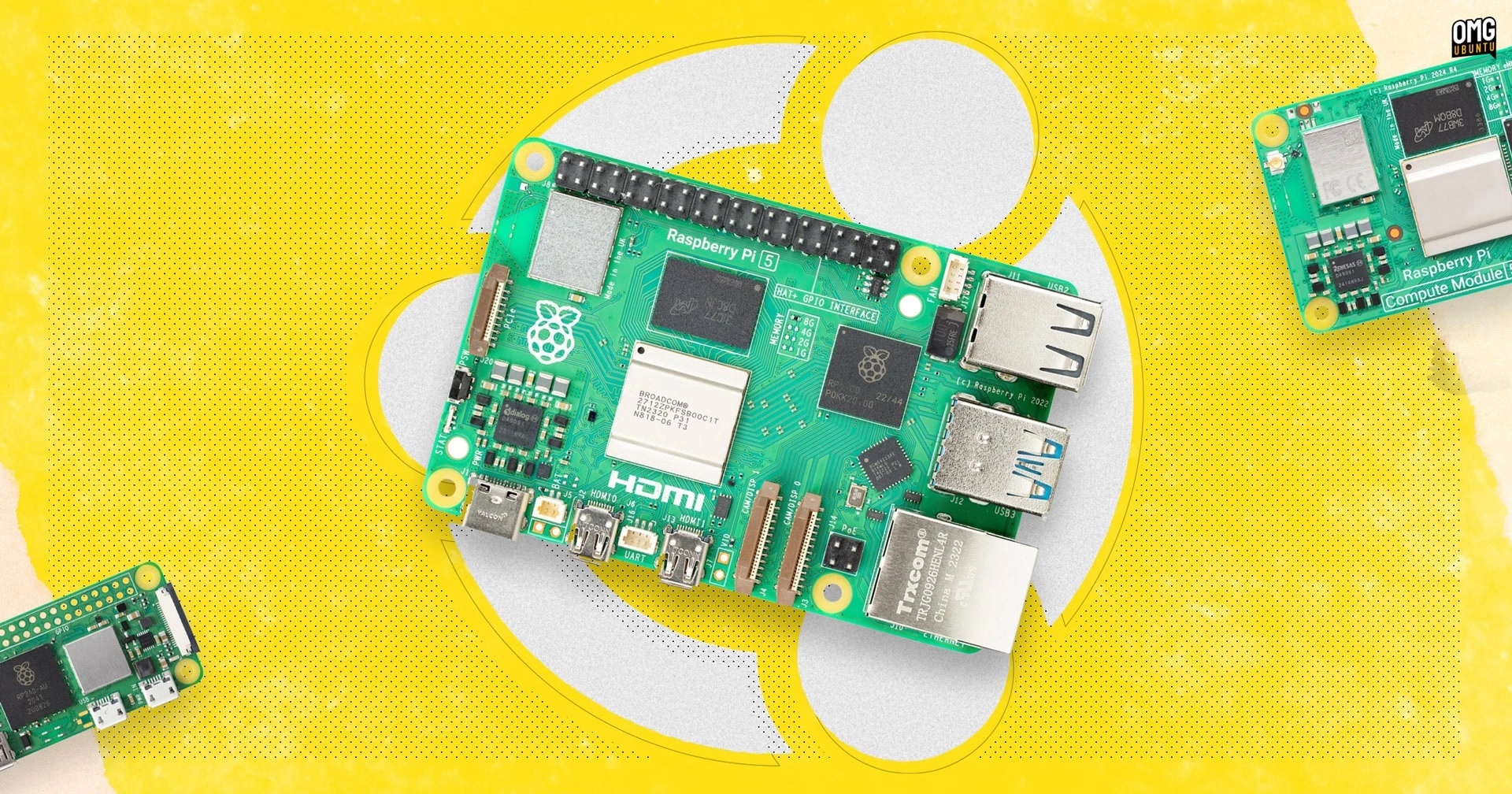Canonical is set to implement a significant change to the boot process for Ubuntu running on Raspberry Pi devices in the upcoming Ubuntu 25.10 release. According to Canonical software engineer Dave Jones, the current boot method is suboptimal, leading to situations where users can end up with an unbootable system.
This problem primarily arises because the current system lacks a reliable fallback mechanism. In practice, while backup files do exist, they can be challenging to locate and often do not work properly, causing frustration for users relying on Ubuntu on Raspberry Pi for specific tasks.
The new boot approach will introduce a testing mechanism for new boot assets. If the system encounters issues during this process, it will automatically revert to a previously known good configuration. This means that users who run Ubuntu as a desktop on Raspberry Pi can expect increased reliability and a smoother startup process. Similarly, those using Ubuntu Server for IoT applications or other specific tasks can benefit from reduced downtime.
Those interested in testing the new boot system can participate. Users should flash the latest Ubuntu 25.10 daily build for Raspberry Pi to a quality SD card and follow a series of commands to set up the new boot package. This includes updating the flash-kernel package to migrate the boot partition to a new layout that organizes files into "current," "new," and "old" assets for better reliability.
One potential downside to this change is the introduction of a double boot process whenever the flash-kernel package runs, which can make the boot time longer temporarily. However, Jones suggests that the reliability gains justify this trade-off.
In summary, these improvements aim to allow Ubuntu users on Raspberry Pi devices to not only use their systems more effectively but also rely on them confidently through a more robust boot process. For those keen on exploring the technical details, Jones’ full blog post offers comprehensive insights.
